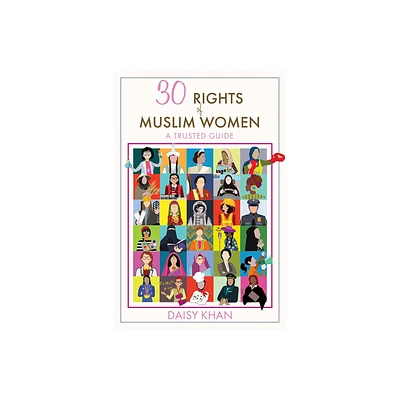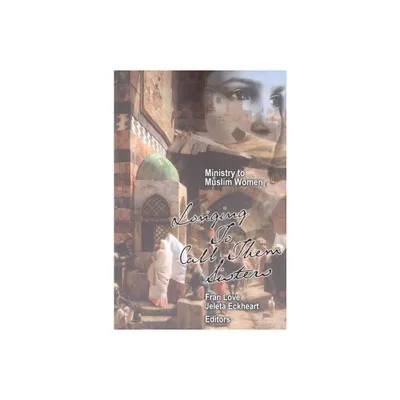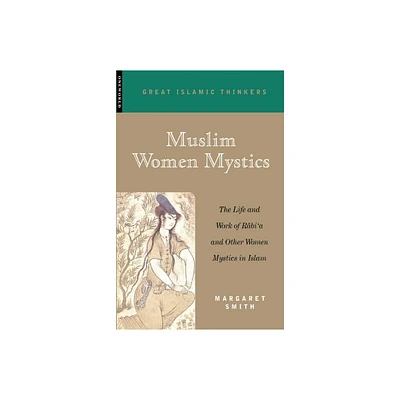Home
Racialized Bodies, Disabling Worlds: Storied Lives of Immigrant Muslim Women
Loading Inventory...
Barnes and Noble
Racialized Bodies, Disabling Worlds: Storied Lives of Immigrant Muslim Women
Current price: $40.95


Barnes and Noble
Racialized Bodies, Disabling Worlds: Storied Lives of Immigrant Muslim Women
Current price: $40.95
Loading Inventory...
Size: OS
*Product Information may vary - to confirm product availability, pricing, and additional information please contact Barnes and Noble
In
Racialized Bodies, Disabling Worlds
, Parin Dossa explores the lives of Canadian Muslim women who share their stories of social marginalization and disenfranchisement in a disabling world. She shows how these women, who are subjected to social erasure in policy and research, define their identities and claim their humanity using the language of everyday life.
Based on narrative ethnography,
makes a case for positive acknowledgement of perceived differences of nationality, religion, multiple-abilities, and gendered and race-based identities. It offers a powerful argument for bridging two disparate bodies of work: disability studies and anti-racist feminism. Most significantly, it shows how racialized Muslim women with disabilities are redefining the parameters of their social worlds and developing a distinctively pluralistic understanding of abilities. This ground-breaking work gives presence to the lives of people who are otherwise rendered socially invisible.
Racialized Bodies, Disabling Worlds
, Parin Dossa explores the lives of Canadian Muslim women who share their stories of social marginalization and disenfranchisement in a disabling world. She shows how these women, who are subjected to social erasure in policy and research, define their identities and claim their humanity using the language of everyday life.
Based on narrative ethnography,
makes a case for positive acknowledgement of perceived differences of nationality, religion, multiple-abilities, and gendered and race-based identities. It offers a powerful argument for bridging two disparate bodies of work: disability studies and anti-racist feminism. Most significantly, it shows how racialized Muslim women with disabilities are redefining the parameters of their social worlds and developing a distinctively pluralistic understanding of abilities. This ground-breaking work gives presence to the lives of people who are otherwise rendered socially invisible.


















